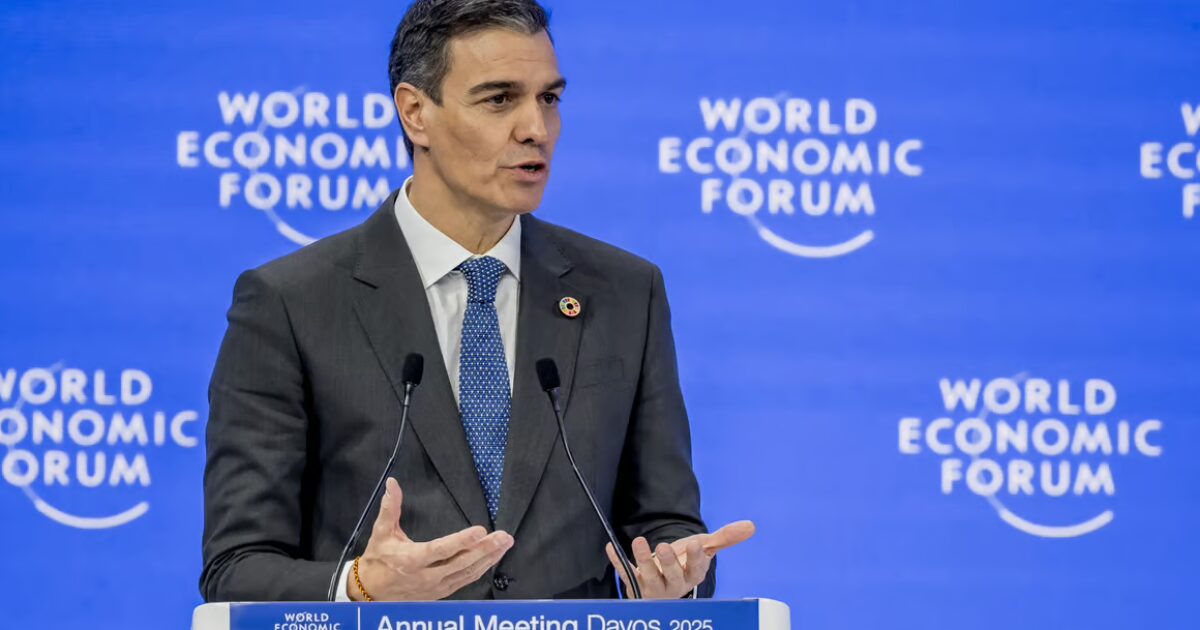from RAIR Foundation:

At the World Economic Forum (WEF), Spanish Prime Minister Pedro Sánchez unveiled a proposal to eliminate anonymity on social media by linking user accounts to a European digital identity wallet. The announcement has sparked a fierce backlash from free speech advocates and critics of centralized digital regulation.
Sánchez’s Proposal: An End to Anonymity
In his speech, Sánchez argued that anonymous activity on social media enables the spread of “misinformation,” “hate speech,” and cyber harassment, as well as the proliferation of bots. Comparing anonymity to wearing masks on the streets or driving without license plates, Sánchez declared:
TRUTH LIVES on at https://sgtreport.tv/
“Such an anomaly cannot continue in a democracy. Citizens have the right to privacy, not to anonymity or impunity.”
Sánchez outlined a plan where social media platforms would require every user to link their account to a real digital identity. While pseudonyms could still be used publicly, authorities would have access to the real identities behind online accounts. He also proposed increased transparency for social media algorithms, demanding what he called the “opening of the black box.”
Critics Sound the Alarm
The proposal has been met with sharp criticism from across Europe. Former MEP Rob Roos described the WEF as a meeting of “corrupt politicians, elites, and corporations” conspiring to strip citizens of their fundamental rights.
“This is a danger to democracy!” Roos warned, emphasizing how such measures could lead to oppressive control over online discourse.
This is why we despise the #WEF: a stage where corrupt politicians, elites, and corporations conspire to strip away our fundamental rights—hidden behind the guise of progress.
That is a danger for democracy!#Davos2025 https://t.co/Zk2zILVIKT
— Rob Roos
(@Rob_Roos) January 22, 2025
Dutch journalist Eric van de Beek accused Sánchez and other WEF leaders of seeking to put citizens “on a digital chain,” warning that these policies might make accessing the Internet contingent on logging in with a European digital ID (eID). Many believe that overregulating the Internet would destroy one of the West’s last bastions of free expression.
The Broader Implications
Critics argue that Sánchez’s proposal, far from promoting accountability, would grant governments sweeping powers to surveil and silence dissent. They contend that linking digital IDs to social media accounts would erode privacy and enable the criminalization of lawful speech under vague and subjective definitions of “misinformation” or “hate speech.”
The debate over Sánchez’s proposal highlights growing tensions between those advocating for stricter internet regulation to combat online harm and those defending anonymity as essential for free expression and privacy. While Sánchez insists his plan complements free speech by ensuring accountability, opponents view it as an authoritarian overreach that jeopardizes fundamental freedoms.
Read More @ RAIRFoundation.com



